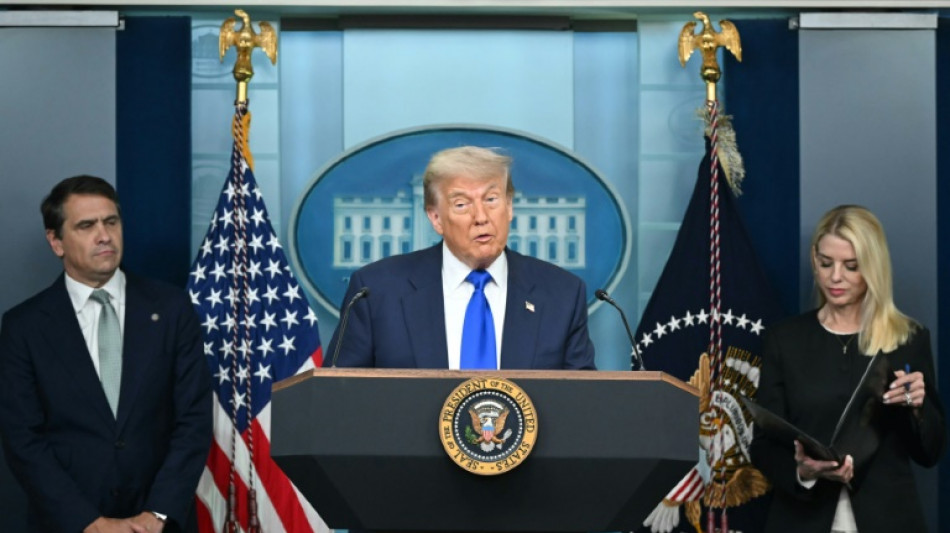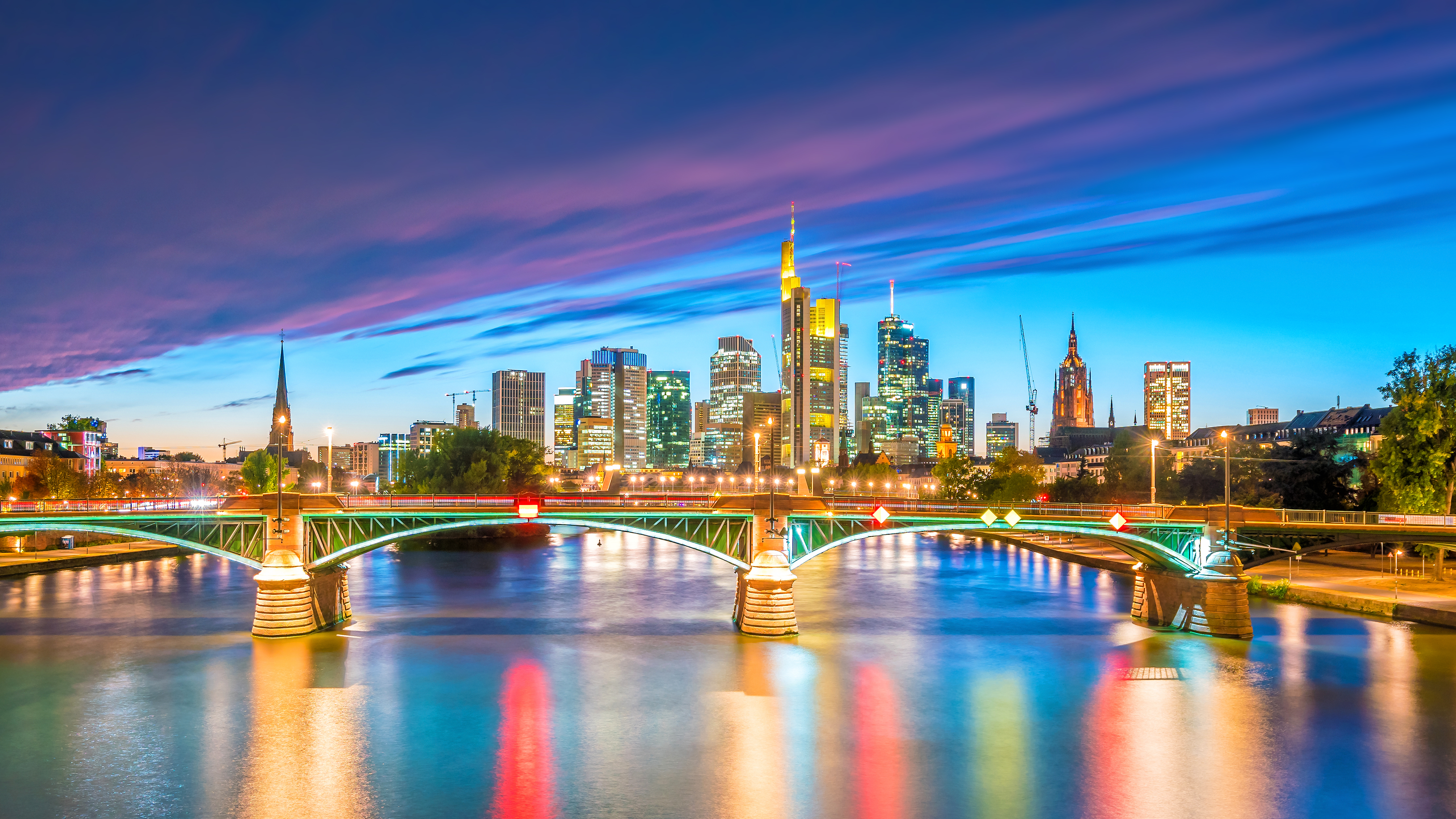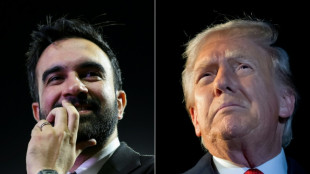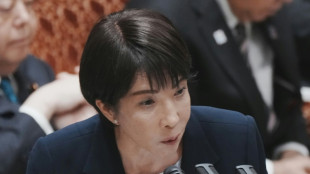

Trump hails 'giant win' after top court curbs judges
US President Donald Trump said Friday he can now push through a raft of controversial policies after the Supreme Court handed him a "giant win" by curbing the ability of lone judges to block his powers nationwide.
In a 6-3 ruling stemming from Trump's bid to end birthright citizenship, the court said nationwide injunctions issued by individual district court judges likely exceed their authority.
"This was a tremendous win," Trump told reporters in a hastily arranged press conference at the White House. "I want to just thank again the Supreme Court for this ruling."
Trump said he would now proceed with "so many policies" that had been "wrongly" blocked, including his bid to end birthright citizenship, and stopping funding for transgender people and "sanctuary cities" for migrants.
US Attorney General Pam Bondi, standing alongside Trump at the podium, said the ruling would stop "rogue judges striking down President Trump's policies across the entire nation."
Democrats swiftly blasted the decision, saying it would embolden Trump as he pushes the boundaries of presidential power in his second term.
Senate Democratic Leader Chuck Schumer called it a "terrifying step toward authoritarianism."
Trump however rejected concerns about the concentration of power in the White House.
"This is really the opposite of that," Trump said. "This really brings back the Constitution."
Trump separately hailed a "great ruling" by the Supreme Court to let parents opt their children out of LGBTQ-themed lessons at public schools.
The Supreme Court did not rule on the constitutionality of Trump's executive order seeking to end automatic citizenship for children born on US soil.
But the broader decision on the scope of judicial rulings removes a big roadblock to Trump's often highly contested policy agenda and has far-reaching ramifications for the ability of the judiciary to rein in Trump or future US presidents.
Trump's executive order on birthright citizenship is just one of a number of his moves that have been blocked by judges around the country -- both Democratic and Republican appointees – since he took office in January.
Courts have, for example, blocked or slowed down his hardline immigration crackdown, firing of federal employees, efforts to end diversity programs and punitive actions against law firms and universities.
- 'No right is safe' -
Past presidents have also complained about national injunctions shackling their agenda, but such orders have sharply risen under Trump, who saw more in his first two months than Democrat Joe Biden did during his first three years in office.
Justice Amy Coney Barrett, a Trump appointee, authored the majority opinion joined by the other five conservative justices.
"Federal courts do not exercise general oversight of the Executive Branch," wrote Barrett, who has previously been a frequent target of Trump loyalists over previous decisions that went against the president.
The Supreme Court's three liberal justices dissented, with Justice Sonia Sotomayor saying "no right is safe in the new legal regime the Court creates."
Trump's initial reaction to the ruling came in a post on Truth Social, welcomed it as a "GIANT WIN."
The case was ostensibly about Trump's executive order ending birthright citizenship, which was deemed unconstitutional by courts in Maryland, Massachusetts and Washington state.
But it actually focused on whether a single federal district court judge has the right to issue a nationwide block to a presidential decree with a universal injunction.
The issue has become a rallying cry for Trump and his Republican allies, who accuse the judiciary of impeding his agenda against the will of voters.
Steven Schwinn, a law professor at the University of Illinois Chicago, told AFP that the court's ruling "sharply undermines the power of federal courts to rein in lawless actions by the government."
Trump's executive order on birthright citizenship decrees that children born to parents in the United States illegally or on temporary visas would not automatically become citizens.
Trump said that the policy "was meant for the babies of slaves," dating back to the US Civil War era in the mid 1800s.
T.Sauer--FFMTZ




